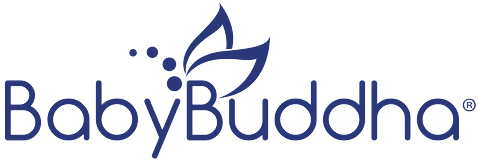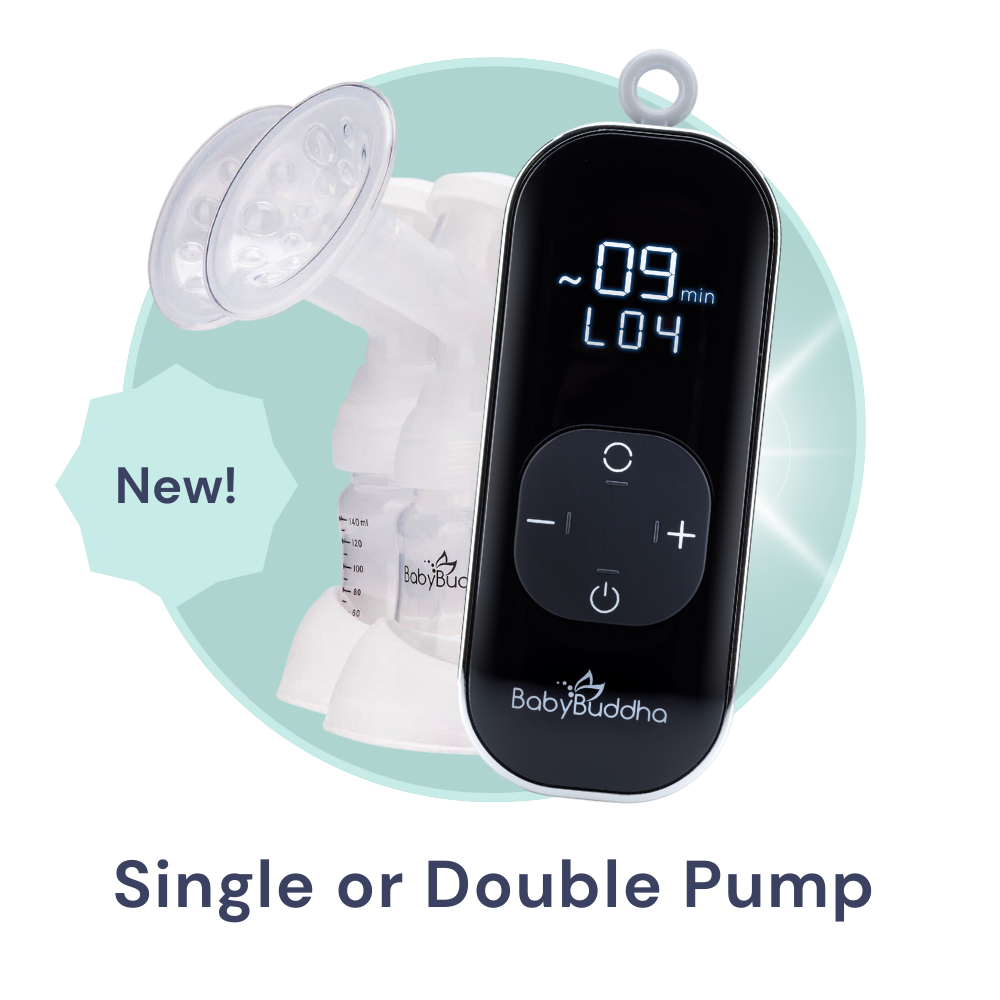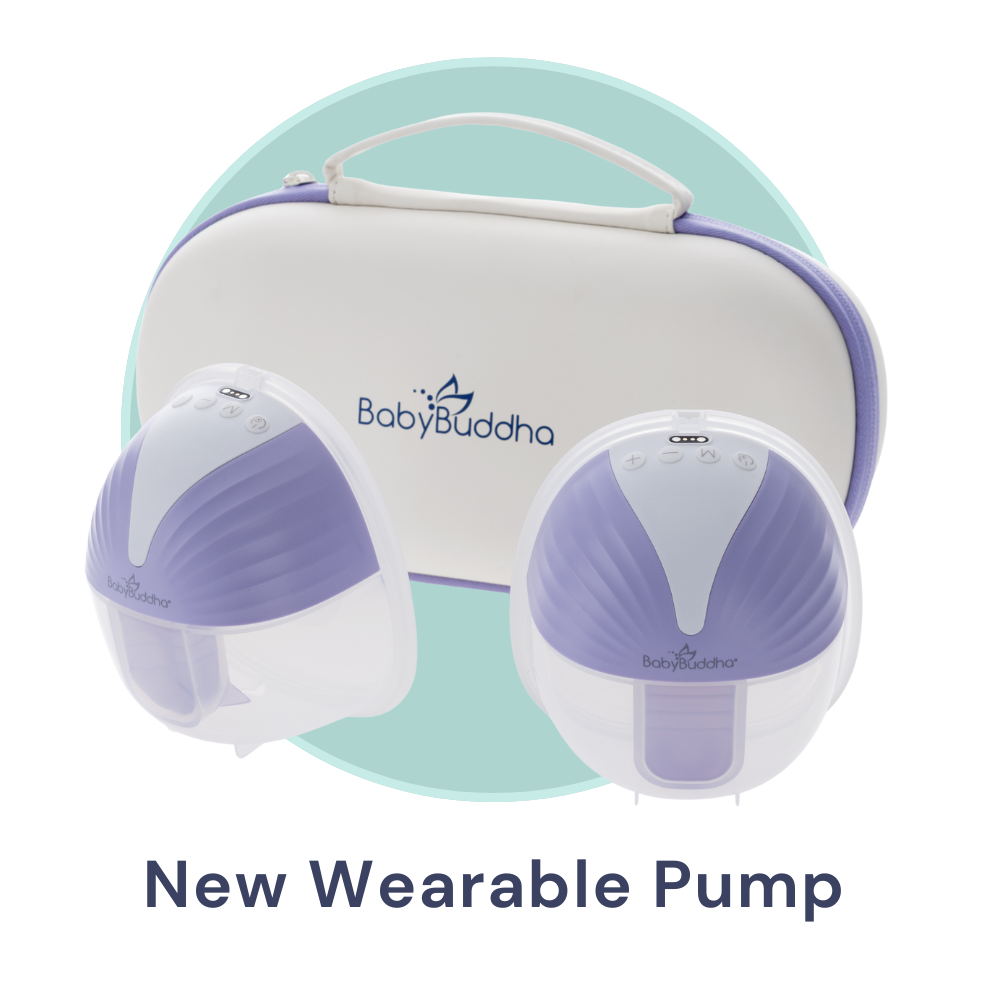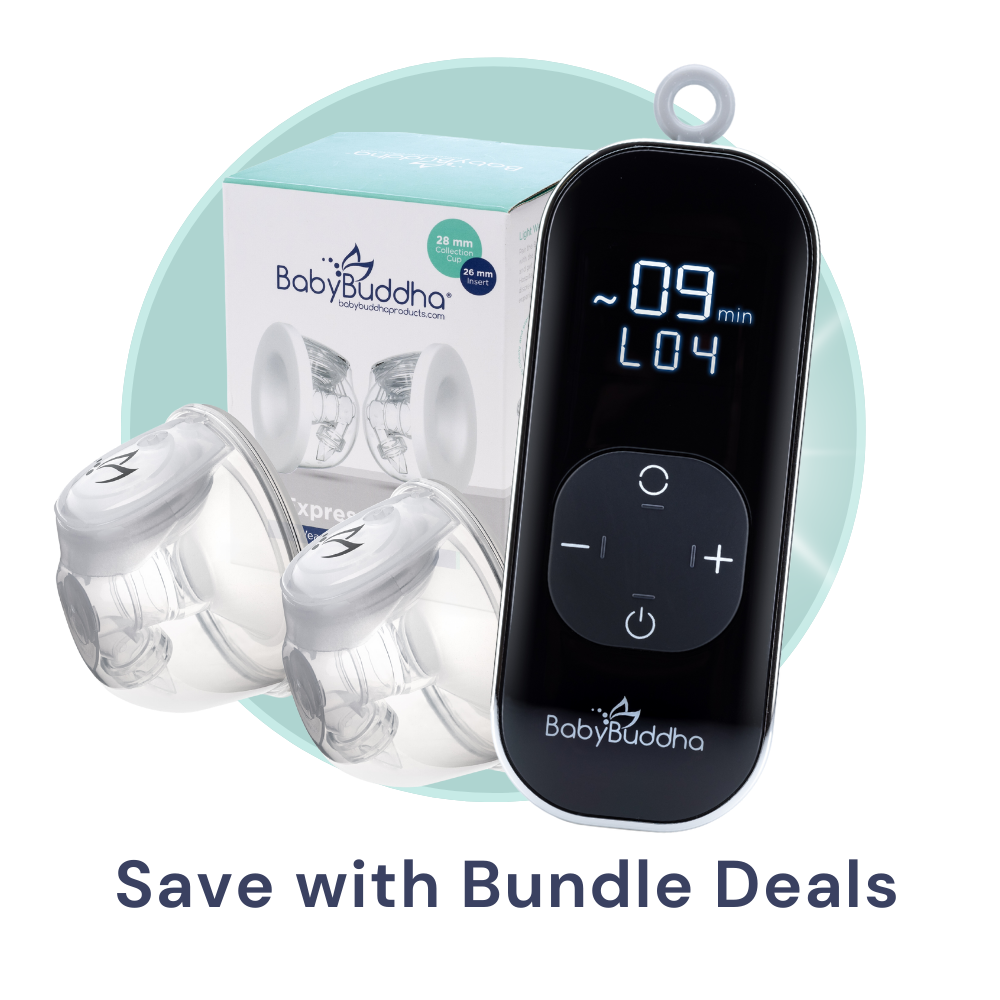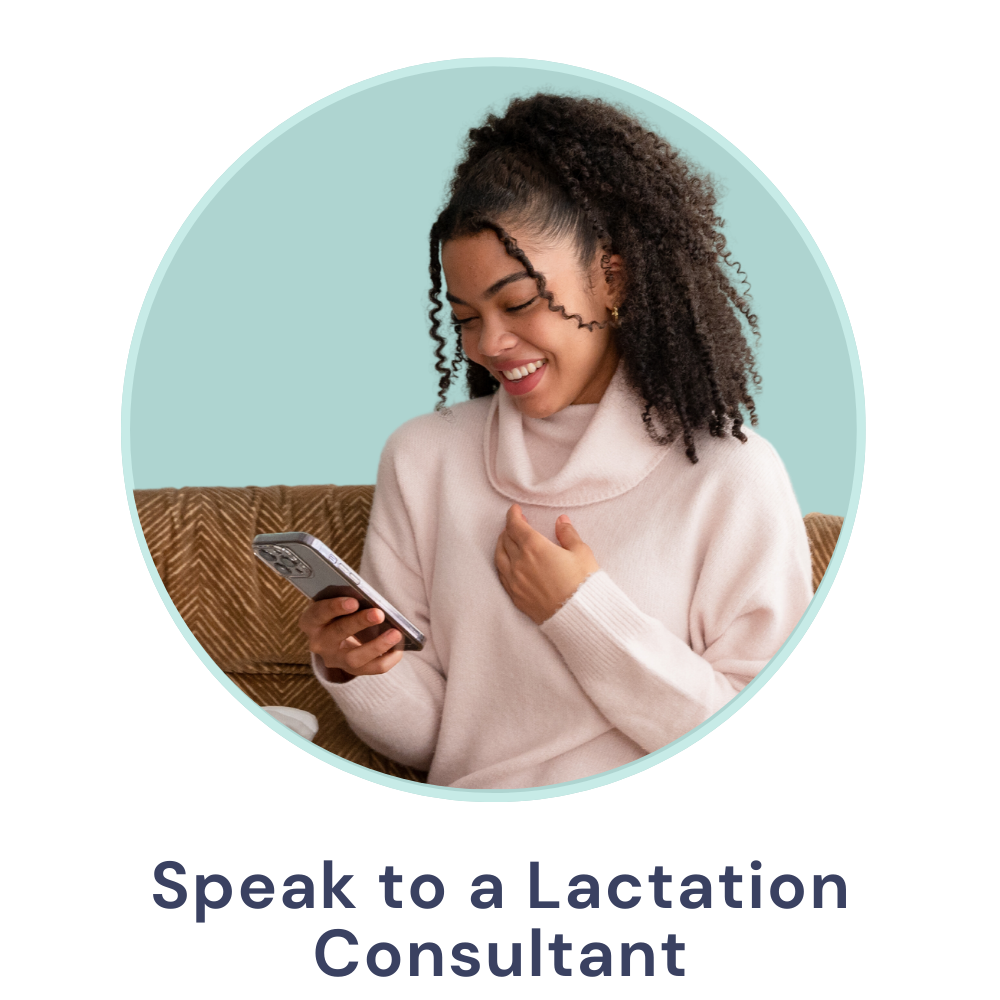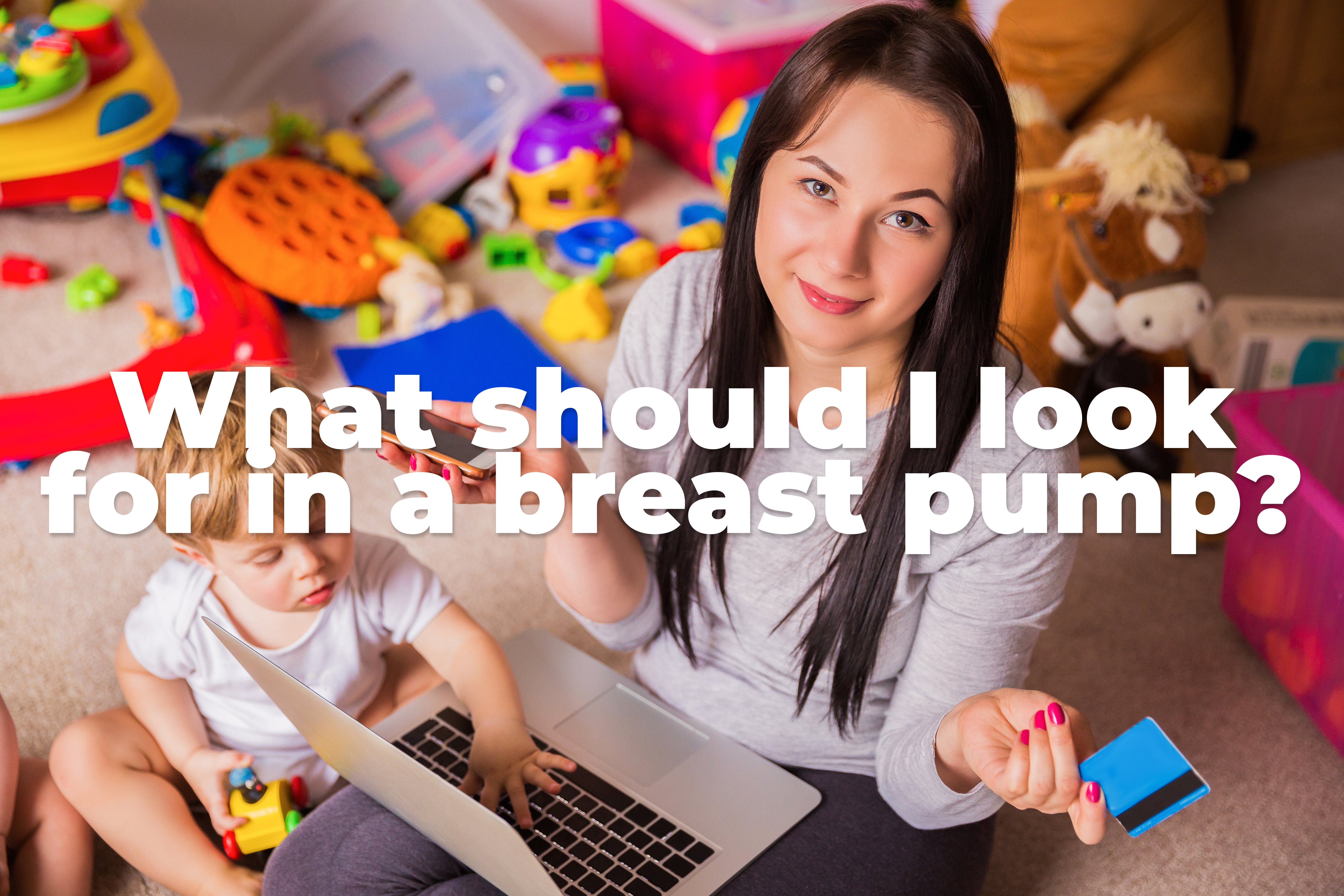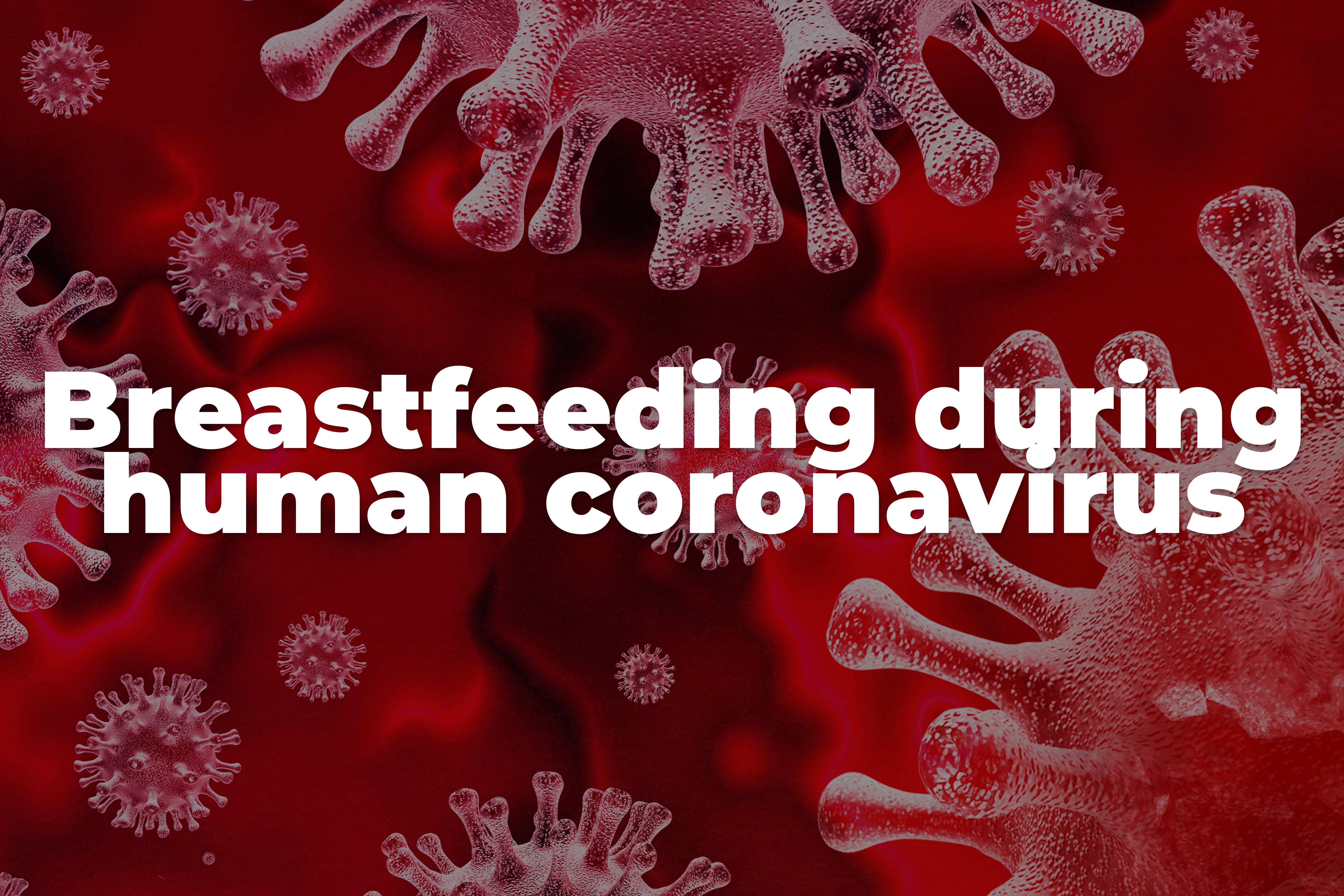If anyone needs a hot cup of coffee (or three) in the morning (or mid-afternoon or late evening), it’s a new mother. Recovering from pregnancy and your delivery is exhausting on its own. Once you’re home, you’re adjusting to your new baby’s nursing schedule, which can be an all night affair. However, many moms are hesitant to hit Starbucks for their favorite mocha, fearing that the caffeine will harm their breastfeeding babies.
How much caffeine actually transfers to my baby through my breast milk?
It’s such a small amount that it’s barely worth mentioning, believe it or not. Your body metabolizes what you eat and drink in order to transform it into breast milk. By the time your baby finally gets her share, she’s only receiving about 1 percent of the caffeine you do when you indulge in that delicious, life-giving bean juice.
What if I drink A LOT of coffee?
That depends on what you consider ‘a lot’ of coffee. The CDC suggests limiting your caffeine intake to about 300 mg/day while breastfeeding.1 That’s the equivalent to two to three cups of coffee. While three cups of Joe may pale in comparison to the three pots of coffee you drank during all-night study sessions in college, it’s not a stingy supply by any means.
But what if you ignored the CDC? How much caffeine would actually harm your nursing infant? Studies do show that extreme caffeine consumption may cause babies to be fussy and jittery and can even affect sleep patterns. In one study, extreme consumption was identified as more than seven cups of coffee per day.2 In another, more than ten cups per day was considered extreme.3 In the latter study, moderate amounts of caffeine were shown to stimulate milk production.
So then I don’t have to give up coffee while I’m breastfeeding?
Probably not...but...
If you’re still worried, talk to your child’s pediatrician or a lactation consultant for reassurance. There are some cases when caffeine can have a negative impact on an infant. Some infants are sensitive to caffeine, just like some adults are. If you notice your baby becomes restless or anxious a couple of hours after you’ve had your cuppa, you may need to switch to lower your intake, switch to decaf, or opt for half-caf to give baby a break. Barring exceptions, most moms should feel perfectly entitled to enjoy their morning coffee in whatever peace they can muster.
Caffeine levels peak in breast milk 1 to 2 hours after you’ve had your coffee, so the milk you pump while you drink coffee will have less caffeine than the milk you pump after you indulge. With the BabyBuddha® Breast Pump, you can pump while you sip and freeze your “decaf” breastmilk for another time.
References
1 Maternal Diet. (2019, August 27). Retrieved from https://www.cdc.gov/breastfeeding/breastfeeding-special-circumstances/diet-and-micronutrients/maternal-diet.html.
2 Ryu, J. (1985). Effect of Maternal Caffeine Consumption on Heart Rate and Sleep Time of Breast-Fed Infants. Developmental Pharmacology and Therapeutics, 8(6), 355–363. doi: 10.1159/000457060
3 Nehlig, A., & Debry, G. (1994). Consequences on the newborn of chronic maternal consumption of coffee during gestation and lactation: a review. Journal of the American College of Nutrition, 13(1), 6–21. doi: 10.1080/07315724.1994.10718366
